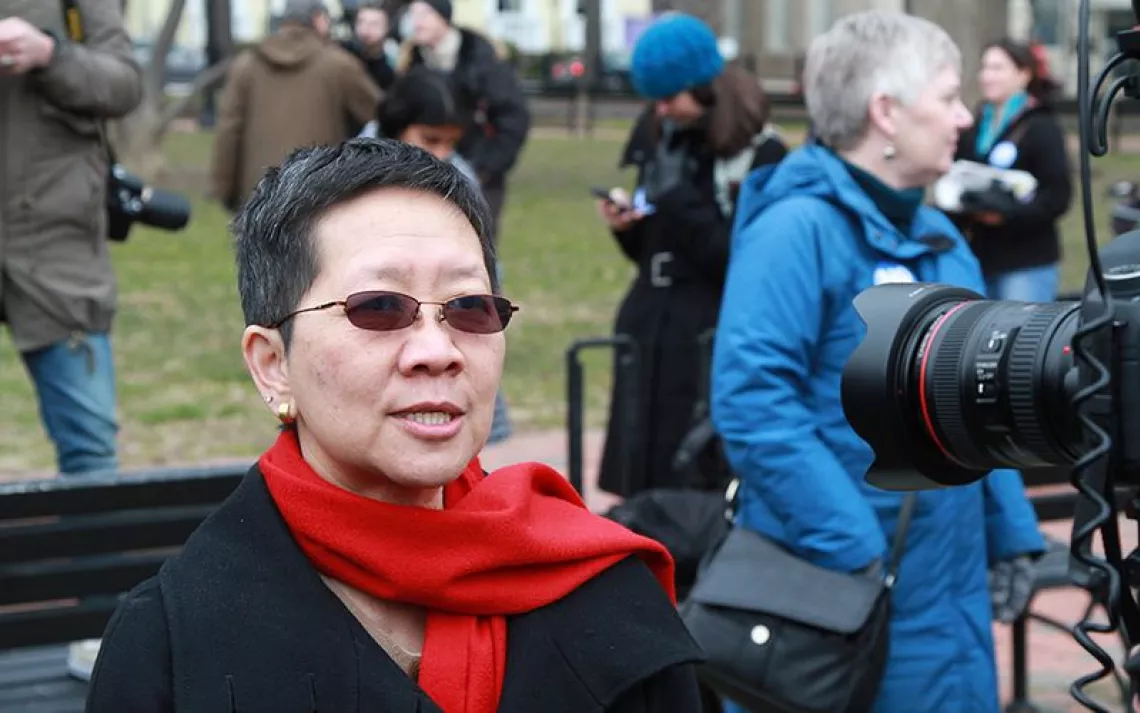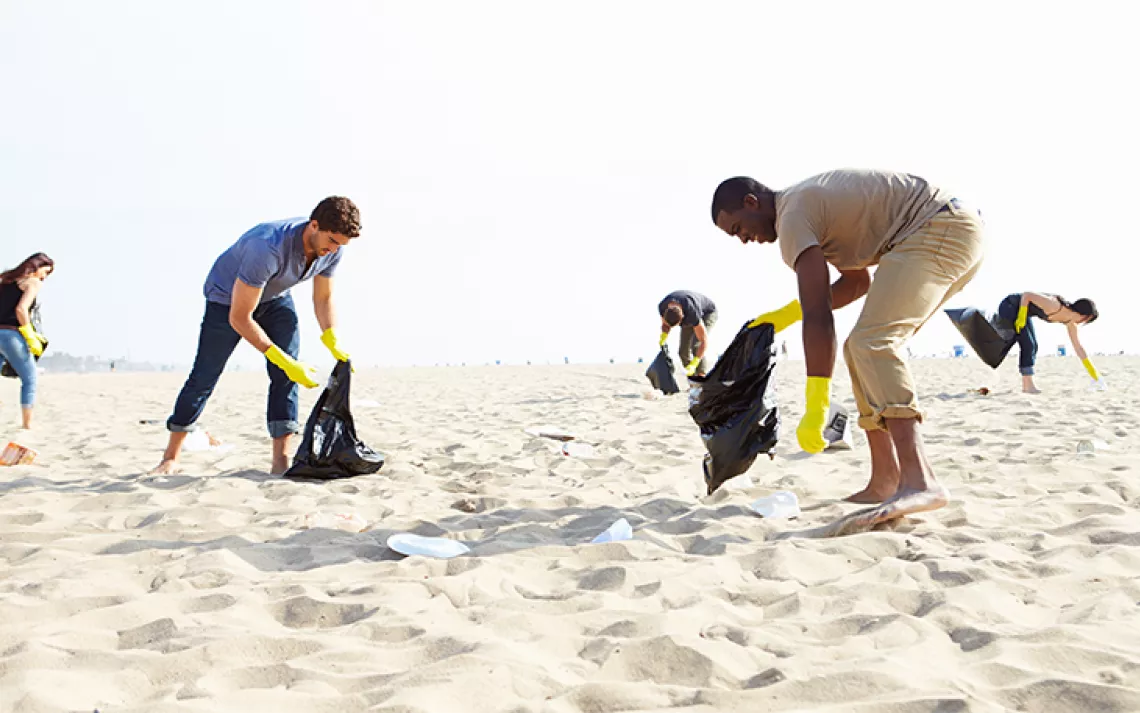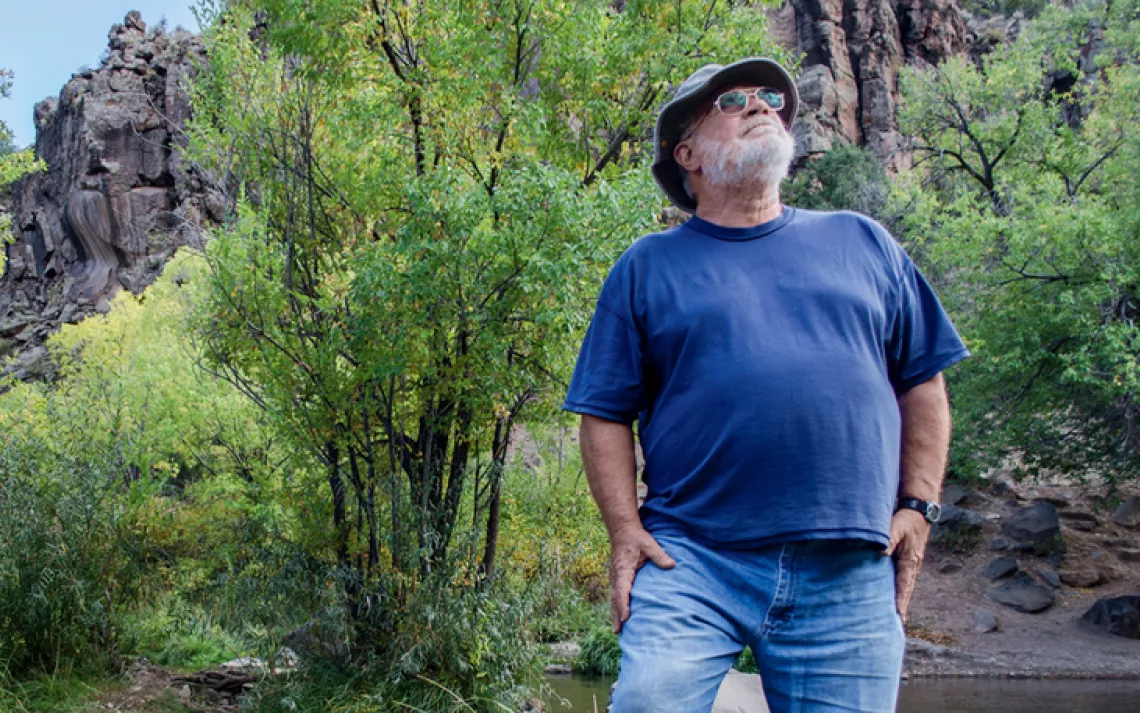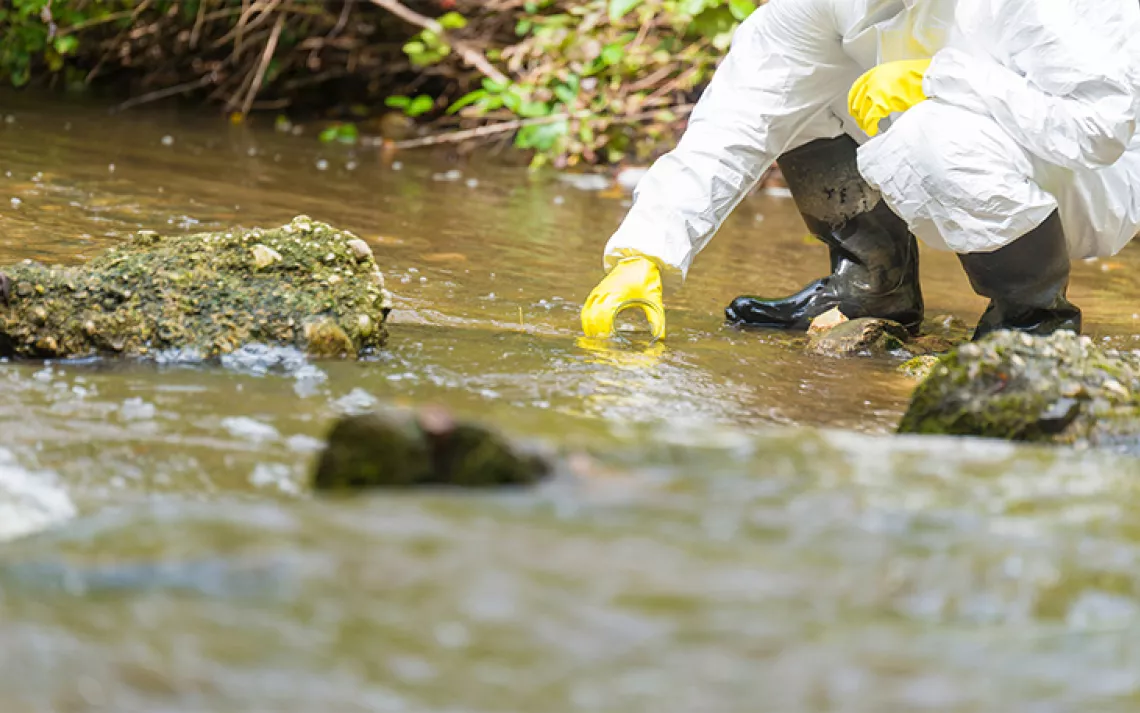How Deepwater Horizon Created a Cross-Cultural Activist
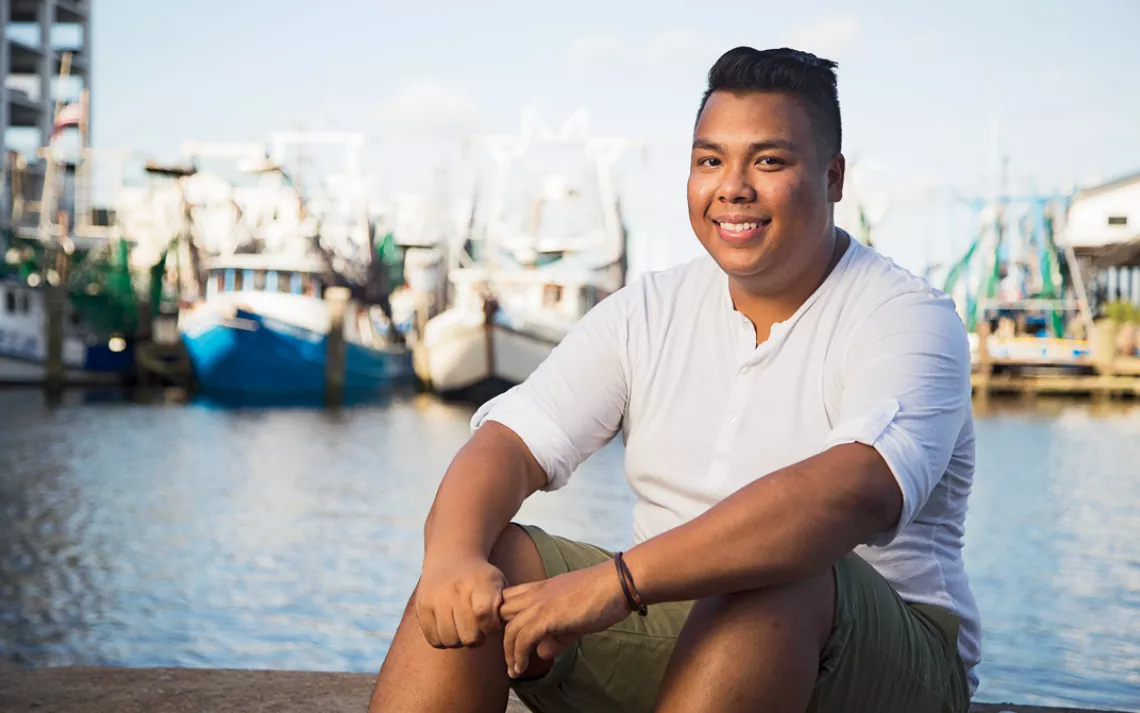
Tony Nguyen became an environmental activist after the 2010 BP oil spill and later helped train activists in Vietnam. | Photo by Keyhole Photo
Name: Tony Nguyen
Location: Biloxi, Mississippi
Contribution: Trained environmental activists in Vietnam
When did you become an environmental activist?
During the 2010 BP oil spill. My family works in the seafood industry, and the spill really impacted our livelihood. I was 18 at the time and about to graduate from high school. I was hired by the government to conduct focus groups in the Vietnamese immigrant community in order to build a more inclusive recovery plan.
Tell me about the Sierra Club training you helped run in Vietnam last May.
We were in a small province outside of Hanoi for three days. The participants were mostly from organizations that work on sustainable energy. The main topics were campaign strategy and media communications.
Was there a language barrier?
Fortunately, some participants spoke English well and would translate for the rest. Also, I grew up speaking Vietnamese. I think that helped us move beyond the roles of "trainers" and "participants."
How do Vietnamese activists work within a communist system of government?
A lot of tactics that we use to organize in the United States are basically illegal in Vietnam, like getting big groups together for rallies or town hall meetings. So instead, Vietnamese activists rely on research and data analysis to make their case to different government ministries. They also do a lot of storytelling through social media. As in the United States, youth play a big role in the sustainable-energy movement.
What do you plan to do next?
I'm majoring in marine biology at the University of Southern Mississippi. I want to go to graduate school to learn about policies that govern the different bodies of water in the United States and then work to strengthen those regulations.
Does that come out of your experience with the oil spill?
I was so angry about the devastation—not just for the environment but also for the people who live in that environment. Everyone was out of work for a long time. The fishermen who were employed to help with the cleanup have health issues now, like respiratory problems and rashes.
Do you ever wonder what your life would have been like if the oil spill hadn't happened?
Yeah. I was on track to go to pharmacy school. But I want to hold BP accountable. All roads lead back to that.
 The Magazine of The Sierra Club
The Magazine of The Sierra Club
